Disability, Dignity and “Cost”
by Amy Sequenzia
Warning: I am going to mention “Right to Die With Dignity” legislation, my position, and other non black-and-white issues.
I am against legislation that states the “dignity” of a terminally ill person should be a reason for euthanasia.
I am not going to say that each person does not have the right to refuse treatment when all medical options have been exhausted and they will not survive the illness. Some illnesses, when the end is near, can be very painful.
That’s why I don’t support legislation allowing euthanasia. Pain management is an option. Living wills, advance directives are options too.
But there is a stronger reason why I cannot support such legislation: it does not guarantee that disabled people, or any person who is in a vulnerable position concerning life and death decisions, will not be euthanized for the comfort of others.
How do I know that? It is already happening. There are no safeguards, and the few, insufficient “protections” in some of those laws have been lost when changes were made to add more reasons for euthanizing people.
Watch this video as an example of how such law has “evolved” in Belgium.
I’ve recently read about the Canadian proposed legislation on euthanasia, and the debate over “guarantees” that the law will be used properly.
Then I read this:
“The law states that anyone asking for medical help in dying must have a serious and incurable illness, disease or disability. They must also be in a ‘advanced state of irreversible decline in capability’ and their death must be ‘reasonably foreseeable’.”
There is also this court statement: “a person should be suffering from a ‘grievous and irremediably medical condition’ in order to qualify.”
The proposed law also states that a person can still get help dying even if they are not extremely close to natural death.
So, let me break this down:
I have a serious and incurable disability. I am epileptic. Some doctors believe I live in a state of irreversible decline. I could die from a seizure (which I have almost daily), so my death can be considered “reasonably foreseeable”. The same doctors who see me “declining” would decide if my life is worth living.
I am also Autistic and one only needs to listen to two minutes of anyone describing autism – using the medical model – to hear “disease”, “devastating”, “hopeless”, and “suffering” when talking about us.
And yes, that’s how doctors talked about me before I had the supports that allow me to advocate. Supports that I could lose anytime. I could be silenced.
The court statement about “grievous and irremediably medical condition” could be used against disabled people. Disability is often portrayed as a tragedy, and being disabled is assumed to be a reason for grief.
The last quote about the law is even scarier. We don’t know when we are going to die but the wrong assumption is that disabled people will die sooner, and that living disabled is so bad, we wish we could just die. The perception is that we are “closer” to natural death than everybody else.
Supports and Dignity
I already wrote about how “dignity” is conflated with need for help. Many people believe that, once one needs assistance with eating, getting dressed, and especially with personal care in the bathroom, one loses dignity. If one ever needs diapers, this is perceived as the most shameful thing, “the end of the world”.
Having supports does not take away our dignity, it makes our lives dignified.
Dignity has to do with how you conduct yourself, even as you are being helped with having your butt cleaned. Every human being has dignity. The ableism – and other -isms – is what creates the wrong assumptions, the wrong correlation.
There is also an argument that I don’t understand, and it shows how ableism is everywhere. Some people say that it was painful to watch a family member suffering, and that they wished they had the choice of euthanizing them.
I don’t doubt that the pain is real but the pain of those who are not ill should not matter more than the life of another human being. And as I already said, for the people who might be in real pain there are options that don’t require a flawed law that deny some of us the right to want to live.
There are many examples of families of disabled people being granted the right to euthanize their children, or of hospital staff trying to convince disabled people to refuse care (and consequently dying). Here are some of these examples that happened in places where euthanasia is not legal.
- Autistic Writer/Blogger/Activist Amanda Baggs Facing Life-Threatening Discrimination in Vermont Hospital
- ASAN Statement On The Killing Of Nancy Fitzmaurice
- ASAN, Disability Rights Orgs File Amicus Brief Challenging Withholding Medical Care Due to Disability
I don’t believe that Canada, other countries and some American states are concerned about dignity and rights either. I am convinced that it is about “costs”. One only needs to pay attention at the insurance companies, at how supportive they are of not having to provide care for people who want to keep living, while hospice care providers are “speeding” the death of some people who have been, according to the management, taking too long to die.
As a disabled person, this type of legislation scares me.
It scares me because we are treated as if we have so little value, we have to constantly fight for very basic resources, and yet our lives are said to cost so much.
Our lives became very “valuable” when our forced deaths are considered – by other people – a reasonable option.

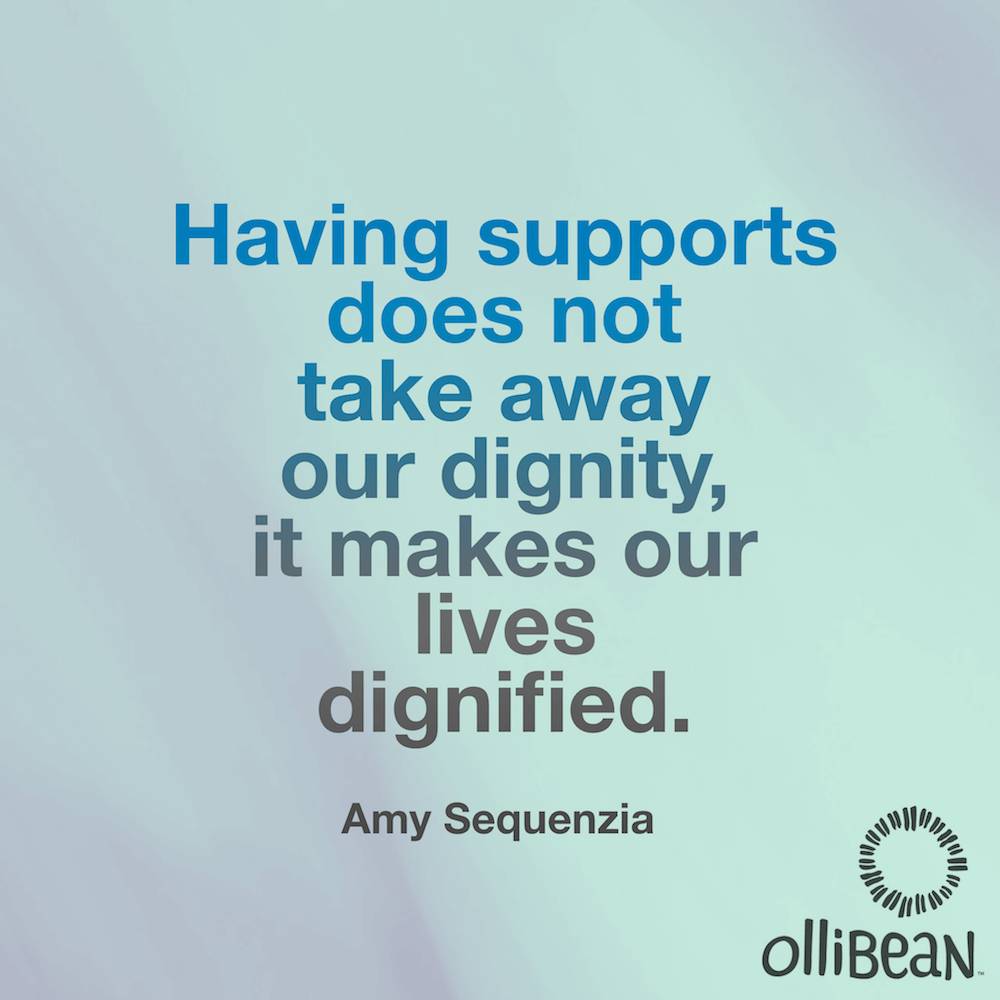


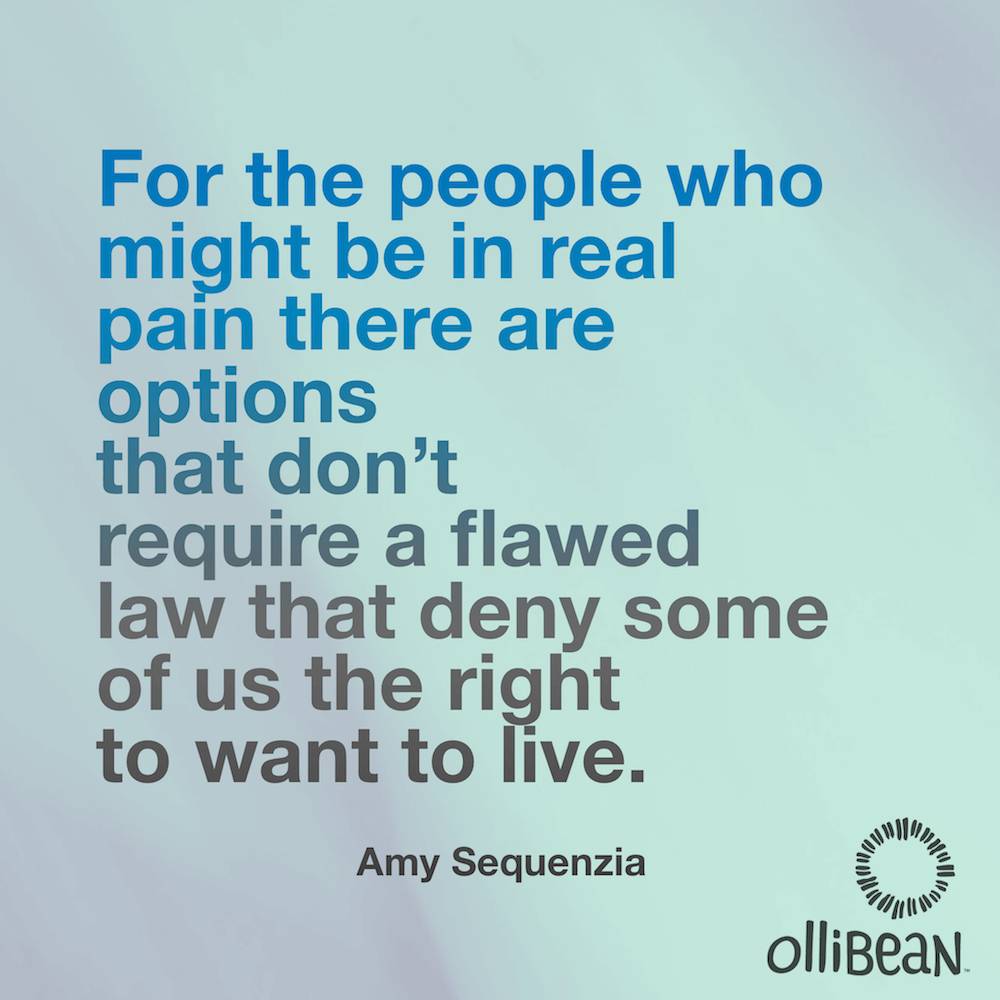
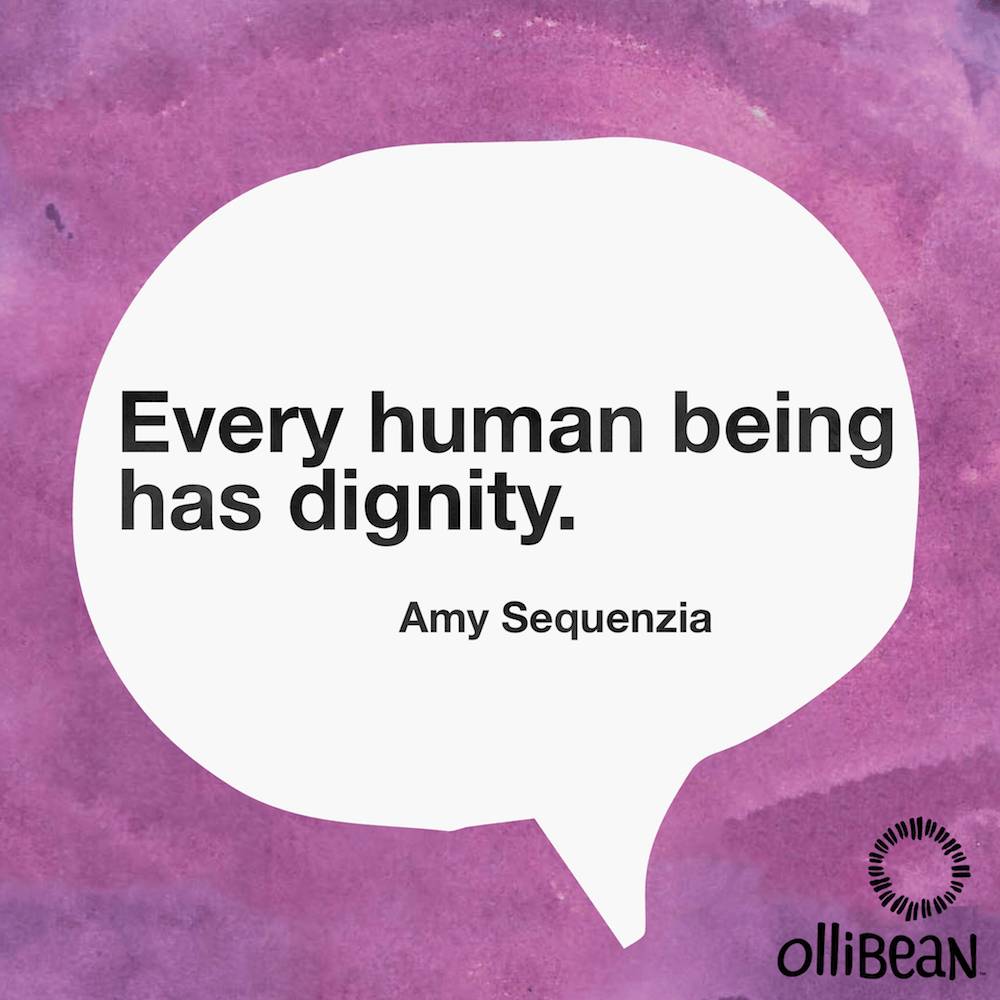
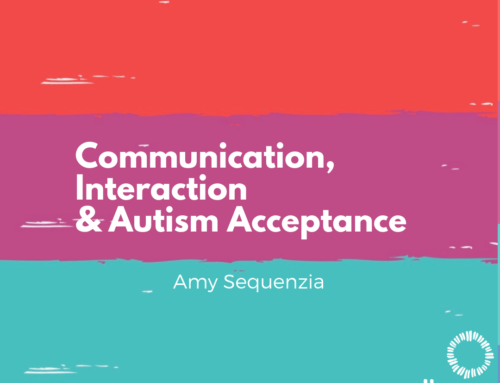
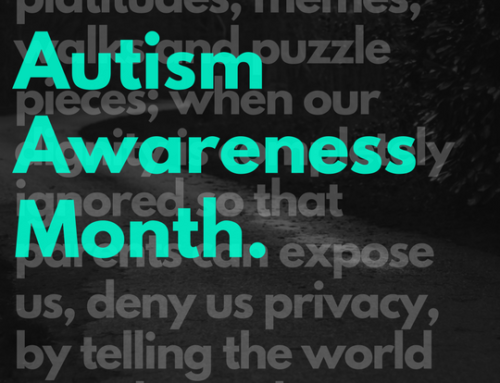
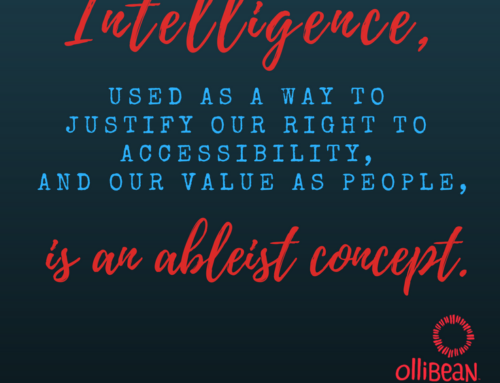
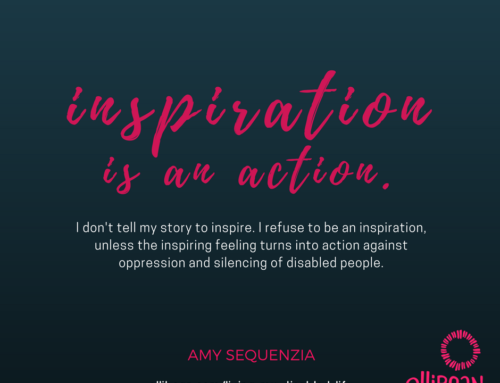
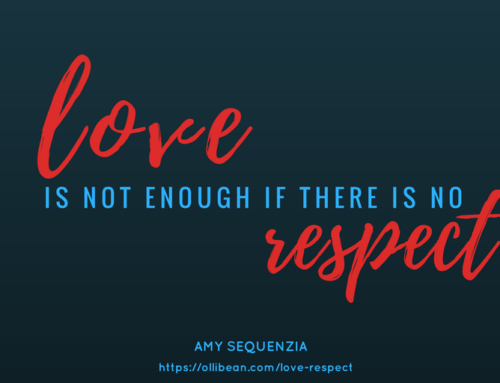
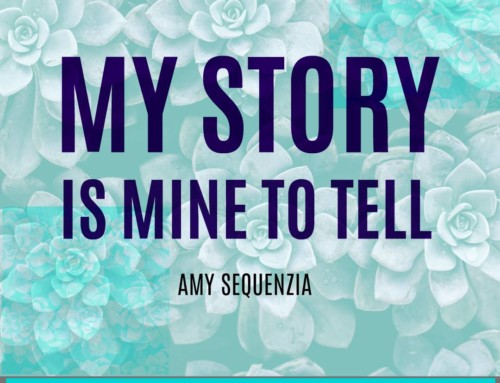
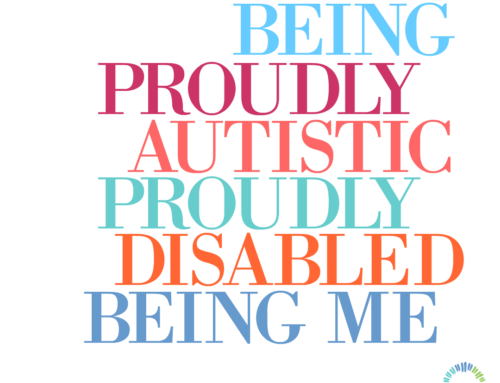
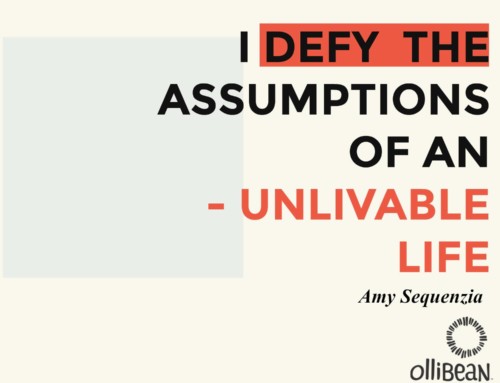
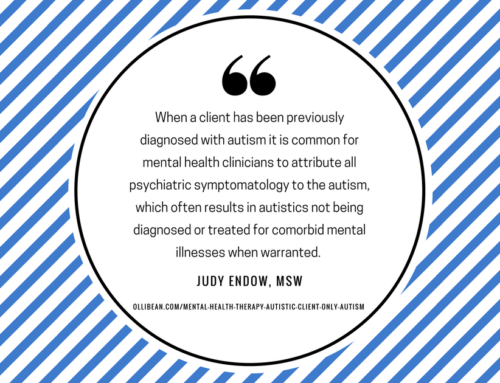
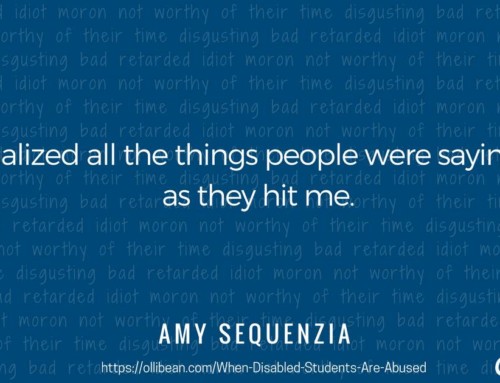

Leave A Comment